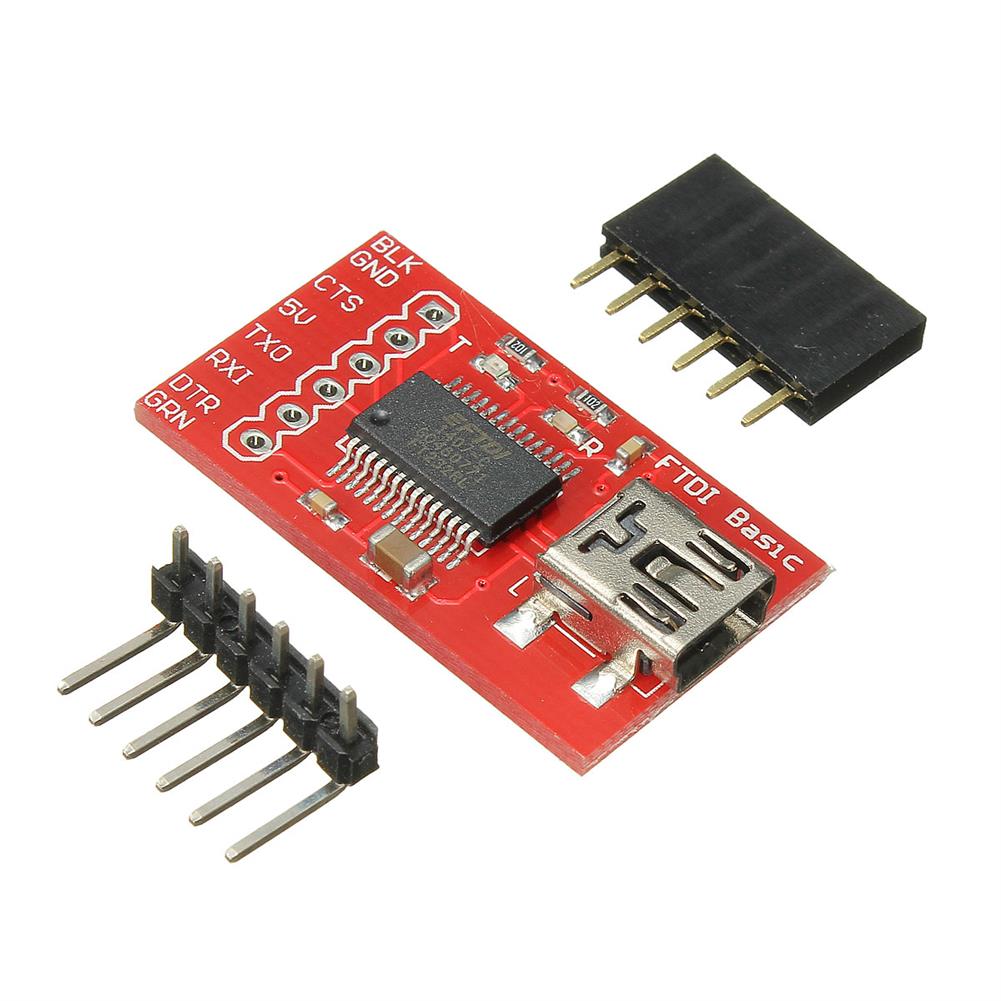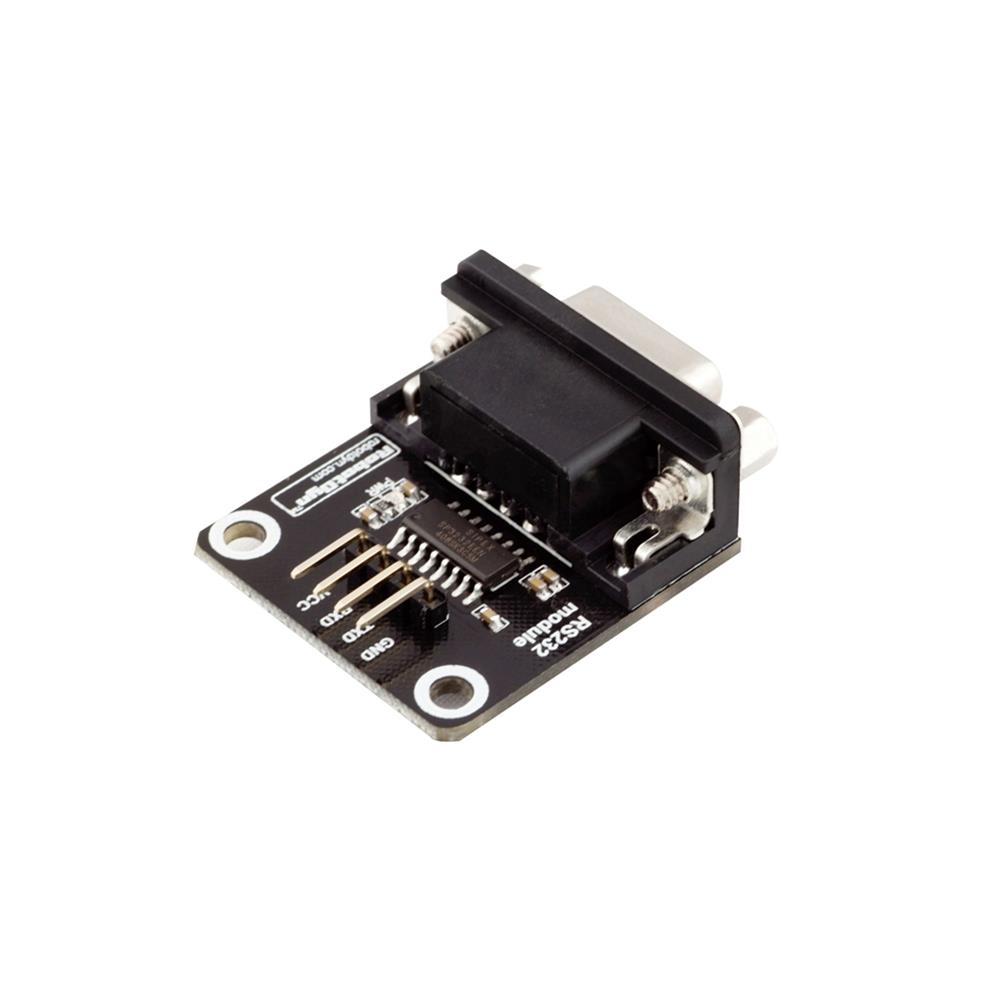The output power in thermoelectric performance test
Temperature difference/→
Resistance
20
30
40
50
60
80
2
0.0459
0.099
0.1866
0.2548
0.4507
0.5999
3
0.0508
0.1033
0.2067
0.2808
0.4988
0.681
5
0.0441
0.1033
0.2028
0.2737
0.4836
0.6811
7
0.0386
0.0916
0.1846
0.2607
0.4528
0.6474
Output power under variable load
Temperature difference/→
Resistance
0.5
1
1.5
2
2.5
3
20
0.0227
0.0342
0.0405
0.0459
0.0455
0.0508
30
0.0499
0.0756
0.0895
0.099
0.104
0.1033
40
0.0916
0.1417
0.169
0.1866
0.201
0.2067
Temperature difference/→
Resistance
5
6
7
8
9
10
20
0.0441
0.042
0.0386
0.04
0.0356
0.0369
30
0.1033
0.103
0.0916
0.0872
0.0819
0.0846
40
0.2028
0.1962
0.1846
0.1683
0.1621
0.1526
Output power under variable load conditions
Cold end/→
Hot end/→
10
20
30
40
30
0.078192
40
0.178462
0.089086
50
0.32891
0.18813
0.064986
0.023112
60
0.500059
0.326759
0.157332
0.081107
70
0.738641
0.508002
0.298401
0.186028
80
1.007529
0.724403
0.493534
0.308973
90
1.32805
0.993603
0.7091
0.476235
100
1.64804
1.312761
0.97671
0.692804
110
2.102329
1.624719
1.247846
0.958769
120
2.517268
1.954394
1.599027
1.22758
130
2.992686
2.32714
1.947085
1.550767
140
3.417593
2.726115
2.297209
1.984817
Note
The experimental data in this group uses a matching resistance of 4.21 ohms to achieve maximum output power.
The side with words is cooling, and the side without words is heat dissipation.
SP1848-27145 parameters are as follows
Temperature difference of 20 degrees:open circuit voltage 0.97V, generating current:225MA
Temperature difference of 40 degrees:open circuit voltage 1.8V, generating current:368MA
Temperature difference of 60 degrees:open circuit voltage 2.4V, generating current:469MA
Temperature difference of 80 degrees:open circuit voltage 3.6V, generating current:558MA
Temperature difference of 100 degrees:open circuit voltage 4.8V, generating current:669MA
The above values are for reference only. There will be loss of current when wiring and booster board in actual use.
Because this product is one piece and a ceramic body, it transfers heat very quickly. The temperature difference between the cold and hot ends needs to be studied and controlled.
Thermoelectric parameters
Thermoelectromotive force (a):>190≠┢V/→
Conductivity (┮):850∥1250┯-1.cm-1
Thermal conductivity (K):15∥16≠10-3-W/→cm
Merit value (Z):2.5∥3.0≠10-3W/→
Package includes
1 x Thermoelectric chip
Additional information
| Weight | 0.021 kg |
|---|















Reviews